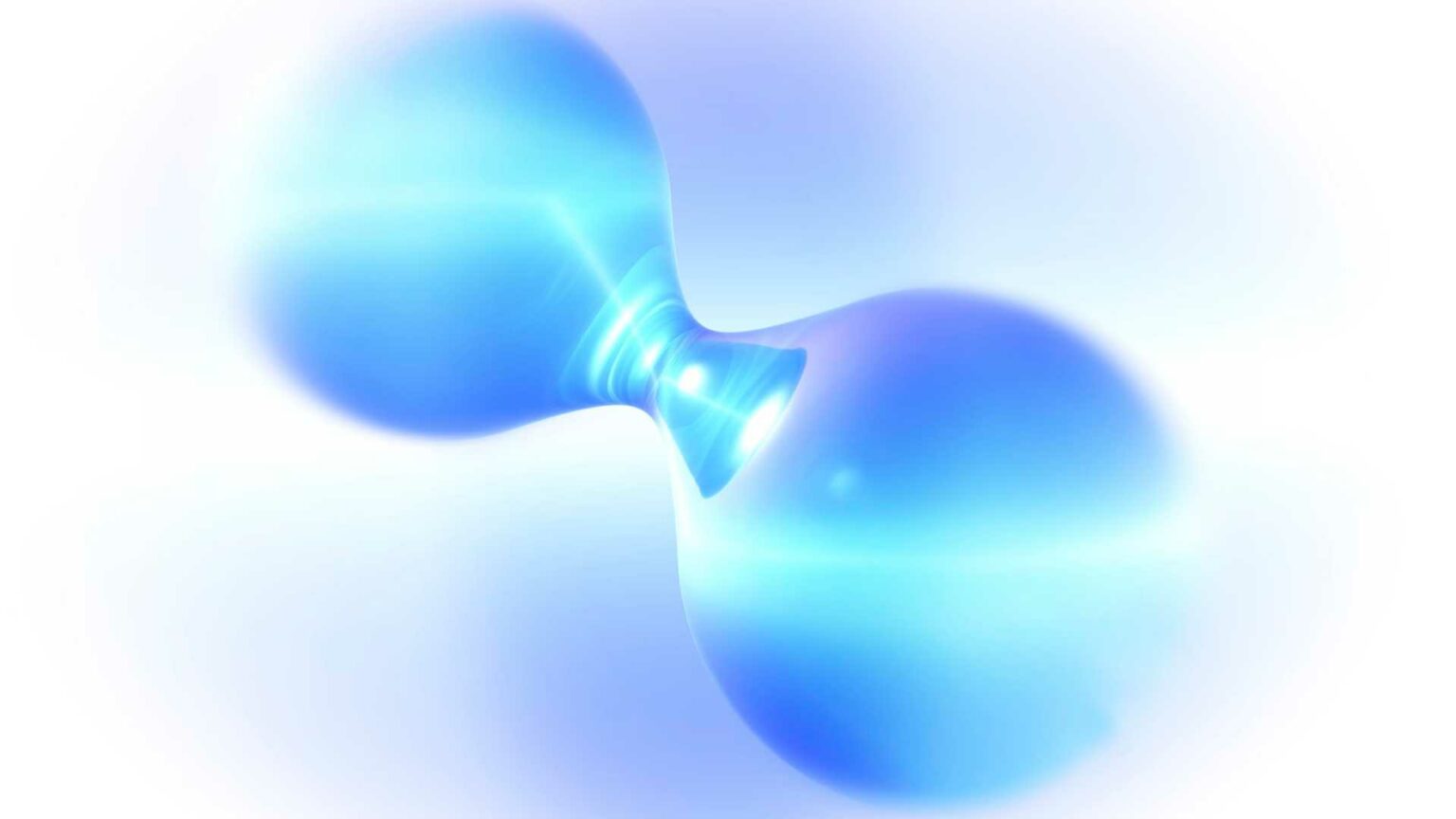The recent study by Ayse Sinem Meke and Ibrahim Dincer focuses on an innovative approach in the field of fuel cells, demonstrating the development and testing of Direct Urea-Hydrogen Peroxide Fuel Cells (DUHPFC).
This cutting-edge research explores how the use of nickel zinc iron oxide catalysts and specific operational conditions can enhance the performance and efficiency of these fuel cells.
One of the most notable findings in this research is the advantage provided by the nickel zinc iron oxide catalyst. Coated onto stainless steel foil through electrochemical deposition, this catalyst significantly boosts the urea oxidation reaction within the fuel cell. This uniform and stable anode coating results in high catalytic activity, a critical factor in enhancing the overall efficiency and stability of the fuel cell.
The study identifies optimal performance conditions for the DUHPFC. Maximum efficiency was achieved at a temperature of 25°C, with 9 M KOH and 0.5 M urea solutions. Under these conditions, the fuel cell accomplished a peak power density of 46.38 mW/cm2 and an open circuit voltage (OCV) of 0.72 V. This suggests that fine-tuning the chemical composition and temperature settings is crucial for enhancing fuel cell performance.
Energy and Exergy Efficiency
An important aspect of the research includes the evaluation of both energy and exergy efficiencies of the cell. The researchers found that at 5 M KOH, the energy efficiency of the cell was 58%, while the exergy efficiency stood at 24%. These metrics are essential for understanding the overall performance and potential applications of the DUHPFC in real-world scenarios.
The study also delves into the effect of temperature on the cell’s impedance. Through electrochemical impedance spectroscopy (EIS), it was observed that increasing the temperature from 25°C to 65°C resulted in a significant reduction in impedance—from 30 Ωcm2 to 15 Ωcm2. This reduction highlights the improved ionic conductivity and decreased resistance at higher temperatures, pointing to better performance under these conditions.
